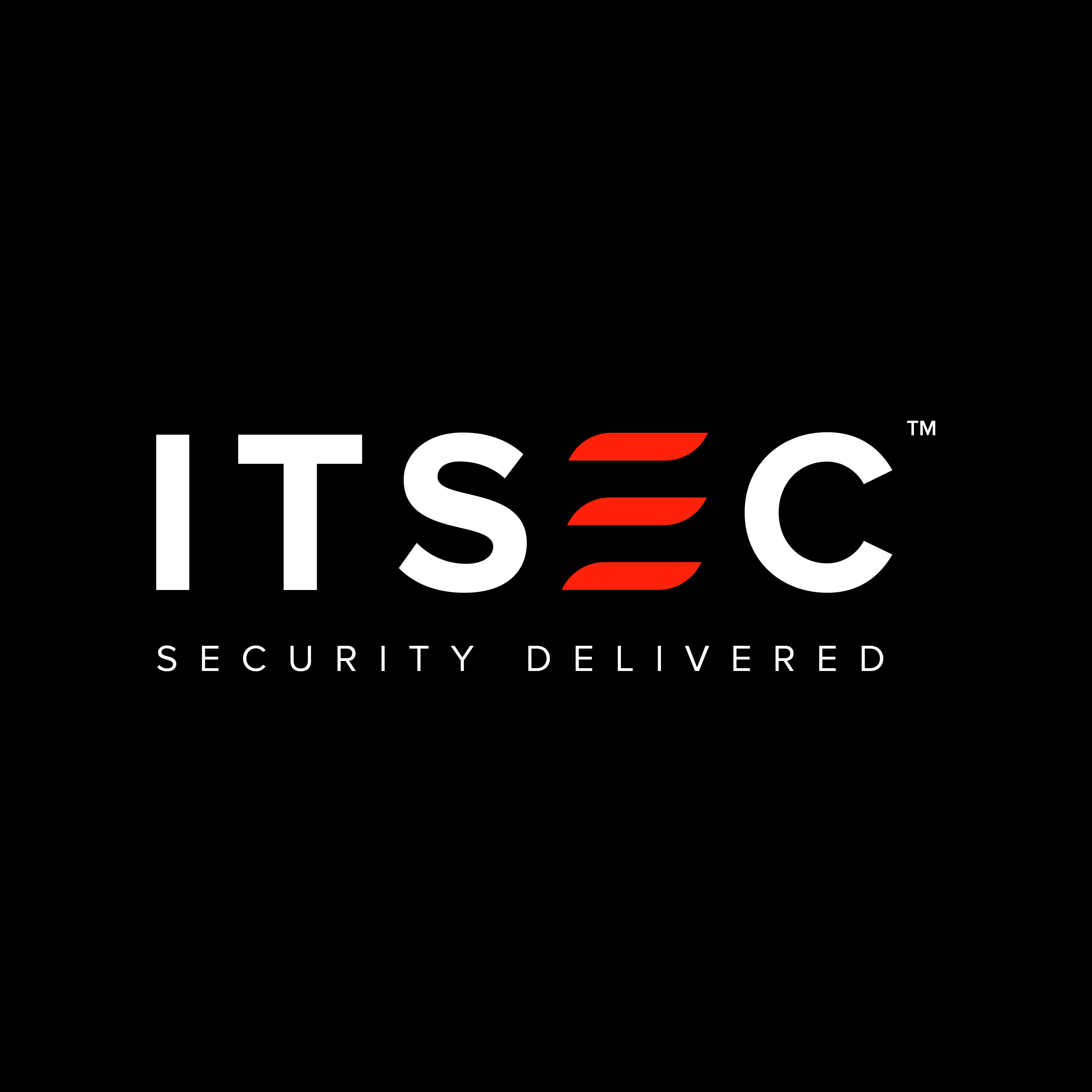In the following video, we are hand-crafting from scratch prototype integration of LLM with private knowledge into IntelliBroń.
Cybersecurity Talent Challenge
In my opinion, there are at least two significant issues related to human resources in the IT security industry nowadays:
- A scarcity of IT Security professionals, and
- People, particularly Gen-Z, often hop between companies and do not stay long in one.
Don't misunderstand me, there are various valid reasons, particularly for the second problem. For instance, L1 serves as an excellent stepping stone for recent graduates who are venturing into the IT Security sector. They will develop their knowledge by monitoring and analysing security alerts, as well as learning about IT threats like malware from incidents. This will allow them to progress to roles such as L2, incident responder, and threat hunter. Alternatively, if they have a passion for offensive hacking, they can focus on VA/pentest. This privilege (working in the industry) affords valuable experience necessary for skill improvement.
The question of whether they will continue their cybersecurity career within the same organisation or move to a different company remains intriguing. It's an unpleasant truth that many industries are currently dealing with.
While you can train for cybersecurity in simulated environments, labs or schools, experiencing and analysing real incidents with genuine criminals and combating real hacktivism only happens in real industry settings. If IT security resources become unavailable, the company would face difficulty in repeating the same process to ensure the new resources are capable of handling real incidents in the field.
Many companies have established effective processes and policies to ensure that such issues are handled carefully. These practices may include maintaining work-life balance for team members, establishing clear career paths to retain talent, and diligently recording and documenting knowledge.
Maintaining thorough documentation of various incidents is crucial. The company handles many private incidents within a closed environment, resulting in privately maintained knowledge. Access to this knowledge is limited to internal staff, both fresh graduates and experienced talent, who can use it to solve new issues in the field by referring to notes and documentation.
In today's AI-driven world, we have the opportunity to feed this private knowledge to machines, enabling them to make use of it. The machine becomes a helpful companion to our cybersecurity experts. This allows newcomers and seasoned professionals alike to pose questions and receive specific answers based on prior experience with similar incidents.
Of course, the process doesn't end there. At some point in the future, should the machine become proficient in managing such incidents, it may be able to autonomously resolve the problem.
What would humans do then? They would learn about new forms of attacks, analyze ones that are unfamiliar (as criminal methods are always evolving), develop new knowledge, feed it to the machine, enable it to learn, and subsequently deploy it independently in future events.
The employees can return home to their families, have dinner with friends, or play basketball - a work-life balance, isn't it?
If interested in discussing or experiencing our meticulously researched and developed product, IntelliBroń, please use the link below to contact our sales team.








